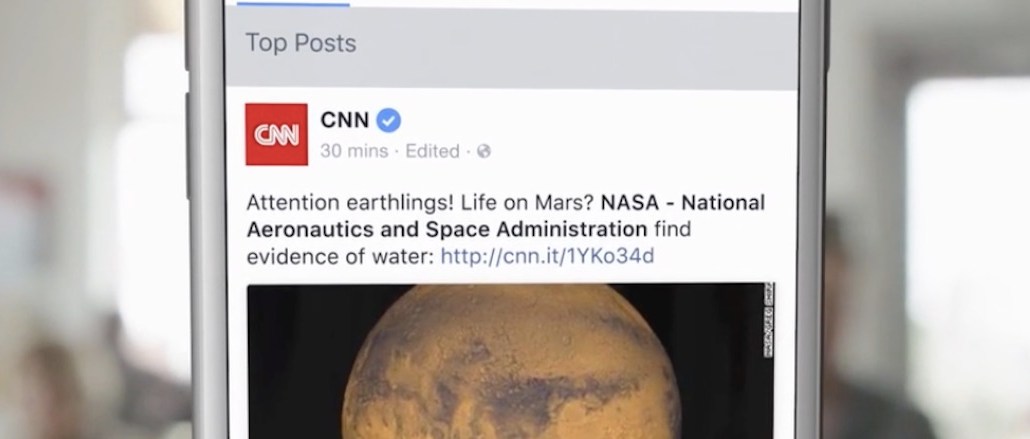Secure your place at the Digiday Publishing Summit in Vail, March 23-25

Facebook has officially made it impossible to hide from it.
Starting today, its search bar is now capable of retrieving every public post ever made — that’s 2 trillion of them. It’s a major step in making Facebook’s search tool relevant when finding breaking news and trending topics, two areas dominated by Google and Twitter.
Previously, searching on Facebook would return Pages a user liked or friended. Now it will return basically everything, but displayed in a more organized manner.
For example, searching “Benghazi Committee” pulls up results from people “Involved in This Story” (in this instance, a post from Sen. Harry Reid); “Top Posts” from publishers that I both follow and don’t; and posts from friends. Lastly, there’s a “Public Posts” section that retrieves the “most recent and relevant” messages.
Here’s what it looks like in action:

Facebook users make 1.5 billion searches each days, it says in a blog post, the aim is to make people aware of its capabilities. The social network has an image problem when it comes to search since people don’t turn to it first when it comes to breaking news, and it was difficult to sort through the myriad of results.
Perhaps this will change that perception.
Images via Facebook.
More in Media

The case for and against publisher content marketplaces
The debate isn’t whether publishers want marketplaces. It’s whether the economics support them.

Urban Outfitters shifts its influencer strategy from reach to participation
Me@UO is Urban Outfitters’ new creator program leverage micro-creators with smaller, engaged communities that are passionate about the brand.

Media Briefing: Without transparency, publishers can’t tell if Google’s Preferred Sources feature benefits them
Six months in, Google’s Preferred Sources promises loyalty-driven visibility, but leaves publishers guessing at the traffic impact.





